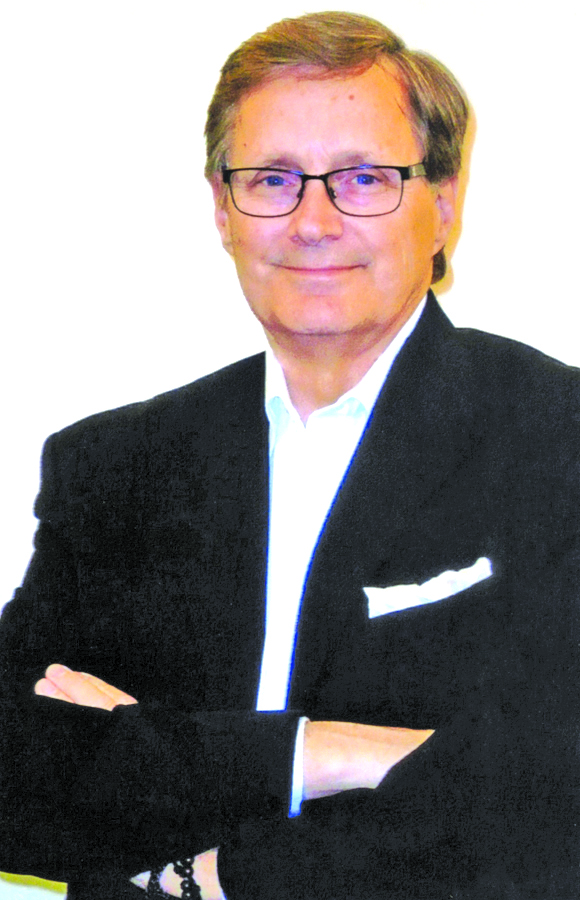In a prophetic 2015 moment, Bill Gates stood on a stage and essentially predicted the coronavirus epidemic. Gates said while he grew up worried most about the threat of nuclear war, “if anything kills 10 million people in the next few decades, it will, most likely, be microbes, not missiles.”
As a nation, he said, “we have invested a huge amount” in nuclear deterrence, yet “very little in a system to stop the next epidemic.” His thought reminds us of what we value may not always coincide with what our national leaders deliver.
Also, this is not to suggest that coronavirus will kill 10 million people, though it surely cost many lives. It has, however, killed millions of dreams and is causing untold hardship for many of our friends and neighbors who’ve lost their jobs.
Our streets and highways, have, for the moment, truly become boulevards of broken dreams.
Locally, we are seeing heroic stories emerge. Citizens in Rossmoor, for instance, circled the wagons and created multiple activities for adults and kids and spread the word online to encourage participation.
Institutions, teachers, senior centers and citizens are stepping up in a big way. Some local businesses are getting creative and finding ways to survive, yet many who depend on a functioning economy have simply had to hang a sign on the door and wait it out.
Facing such existential threats, all questions, big and small, perhaps involve a deeper collective question of what we value? As Americans, what do we really value?
Is it fair now to ask whether or not it was truly worth it to decimate the manufacturing sector decades ago to allow companies to move offshore, throwing millions of middle-aged American workers out of work? The human cost has been incalculable; the individual opportunity costs monumental and the financial inequities are without question.
These decisions, while some may have been inevitable, do call into question what we value most.
Of course, we need global trade. Yet, when our manufacturing sector cannot even supply our own hospitals and protect our heath care workers, what are we to think? Should we not have a balance?
Since the deployment of the internet, dare we say the largest share of manufacturing gain has sadly been in the ‘manufacture’ of ‘truth’. Anyone is now free to create their own truth without filters. In many ways, this is an amazing development, yet too many times political and special interests on all sides have used it to gain advantage.
What was once called “the public interest” has been splintered into meaningless swathes of narrowed interests routinely served by a vast domain of algorithmic logic that requires no human emotion.
Admittedly, this is a crisis and not the time to look backward, only forward. For now, while we can barely escape the barriers of our own homes, perhaps we can find time to look beyond them.
Together, we need to find new ways to create sustainable, equitable communities that harbor the basic human values we all share and ironically, that same internet has become that common bond.
There are no easy solutions. Life is lecturing us with a hard, yet hopefully, common lesson.
We simply must find ways to balance our collective interests while leaving untouched our individual freedoms.
Every life matters as does the importance of what we value. When we’re all equally threatened, we quickly understand what is truth.
Bill Gates was indeed correct. Yet, we can only hope that post coronavirus, Americans will demand more of those they elect to spend public funds and create the laws that govern us all. We need change.
We can, and we must, retain this togetherness to seek ideas and solutions to re-engage our leaders with a goal of creating policies that reflect what we truly value and, what matters most to our common interest.

